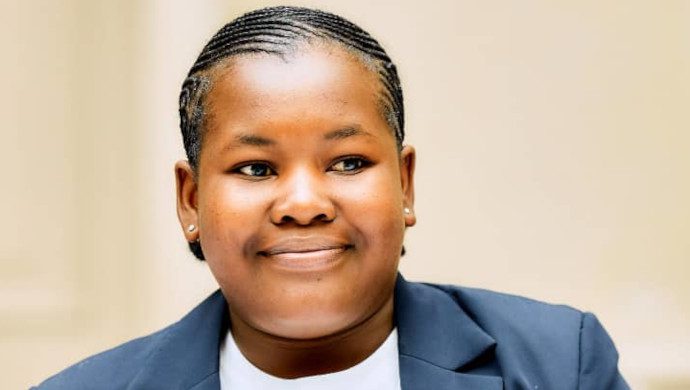Det Internationale Rehabiliteringsråd for Torturofre (IRCT), der er samarbejdsorgan for anti-torturcentre kloden over og har verdens-sekretariat i København, har sammensat et nyt forretningsudvalg på 8 fremstående personer og for første gang valgt en afrikaner til præsident for Rådet:
On 21 and 22 November in Nairobi, Kenya, the newly elected IRCT Council met for the first time since its inception in August this year. This is the first time in twenty-five years that the IRCT council meeting was held in Africa and specifically in Kenya. It is also the first time that the president of IRCT comes from Africa.
In addition to drawing up the outlines of a new five-year strategy for the IRCT, at the meeting the Council elected a new eight-person Executive Committee among its members.
The new Executive Committee, which will be in office for a period of three years, comprises the following persons:
* President: Dr Muhamud Said, Member of the Board, Independent Medico-Legal Unit (IMLU), Nairobi, Kenya
* Vice-president: Mr Jorge Aroche, Executive Director, STARTTS – NSW Service for the Treatment and Rehabilitation of Torture and Trauma Survivors, Carramar, Australia
* Member: Ms Loreine B. dela Cruz, Chair of Board, BALAY Rehabilitation Center, Inc., Quezon City, Philippines
* Member: Ms Karen Hanscom, Ph.D, Executive Director, Advocates for Survivors of Torture and Trauma (ASTT), Baltimore and Washington D.C., USA
* Member: Dr Lilla Hárdi, Medical Director, Cordelia Foundation for the Rehabilitation of Torture Victims, Budapest, Hungary
* Member: Ms Suzanne Jabour, Director, Restart Center for Rehabilitation of Victims of Violence and Torture, Tripoli, Lebanon
* Member: Mr Ronald Amilcar Solis Zea, psychologist, Office of Human Rights of the Archbishop of Guatemala (ODHAG), Guatemala City, Guatemala
* Independent expert: Ms Clarisse Delorme, Advocacy Advisor, World Medical Association, Geneva, Switzerland
According to the IRCT’s statutes, the Executive Committee is responsible for executing the policies set by the Council.
The meeting was hosted by the Independent Medico-Legal Unit (IMLU), member of the IRCT and a leading Kenyan human rights organisation.
The IRCT is the umbrella for 143 independent torture rehabilitation organisations in over 70 countries. Each year IRCT members treat more than 100.000 torture survivors and their families.
IRCT’s vision is a world that values and accepts shared responsibility for the eradication of torture. IRCT seeks to promote and support the rehabilitation of torture victims and work for the prevention of torture.













